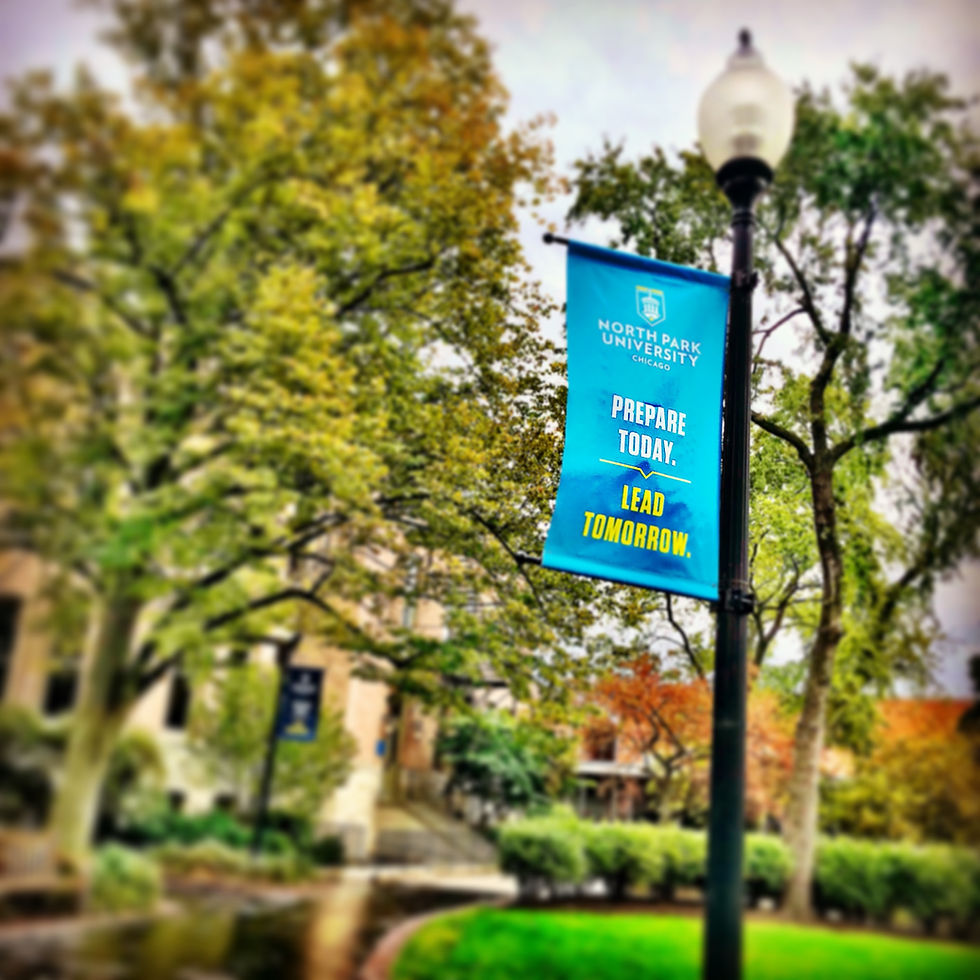Fear is Good
- Dr. Renée-Paule Gauthier
- Sep 27, 2017
- 2 min read
Fear is good.
Lately I have been thinking a lot about what it means to accept vulnerability as an integral part of my human nature and my artistic life, and about how it can allow me to work and perform at my best. I likewise find that we should not forget that, at the other end of the spectrum, fear is often a necessary evil and can be a great tool in our musical journey. We need this dichotomy between learning to embrace our fears and letting go of perfection. Both anxiety and vulnerability offer opportunities for growth but can become hindrances to our progress and performance.
It’s a very fine line. Within that balance between answering fear with courage and letting go of the debilitating chase for perfection lays great potential for what we call in French dépassement – going past what we perceive are our current limitations – in our art.
Facing fear helps us grow our courage muscle. (Cliché, I know! But it really does!) Fear will come at one point or another, there’s no avoiding it. But it can become a great resource. Think of the times fear made you practice that extra hour, gave you sharp focus, and had you bring in you A-game at the next lesson!
There are many ways to learn to handle fear and have it become an agent for good in our lives.
A few things we can do:
1. Build a courage list: Think of all the times you did something despite being afraid and think of what you gained out of it – may it be a job, experience, knowledge, or even new friends! Be proud!
2. Diagnose it: Learn to recognize when you’re acting out of fear. Find your “fear avoiding” patterns (procrastination, denial, etc.) and learn to work around them.
3. Analyze your feelings: What is fear? Sometimes, fear is necessary for your survival. If a bear is at your tail for example, ignoring fear might be bad for your health! Other times, fear is just a feeling caused by your own thoughts. By trying to go to the roots of the thought, you can better understand what causes fear and mitigate its hold on you.
4. Find it in your body: Where is fear residing? Butterflies in your stomach? Elevated heart rate? Cold hands? Noticing the tangible symptoms of fear can guide us in finding ways to address those directly. (E.g. take deep breath, eat a little something, wash hand with warm water, etc.) Alleviating the physical symptoms of fear can often have beneficial effect on the mental hold fear has on us.
5. Face it: When you have done all of the above, establish your true goals and make a clear plan of action. Be realistic, but don’t forget to have courage.
As they say, what makes you a superhero is not being fearless, but being afraid and doing it anyway.
Send a resume for that audition. Sign up for that concert. Join that group. Tackle that new piece. Write that song.




Comments